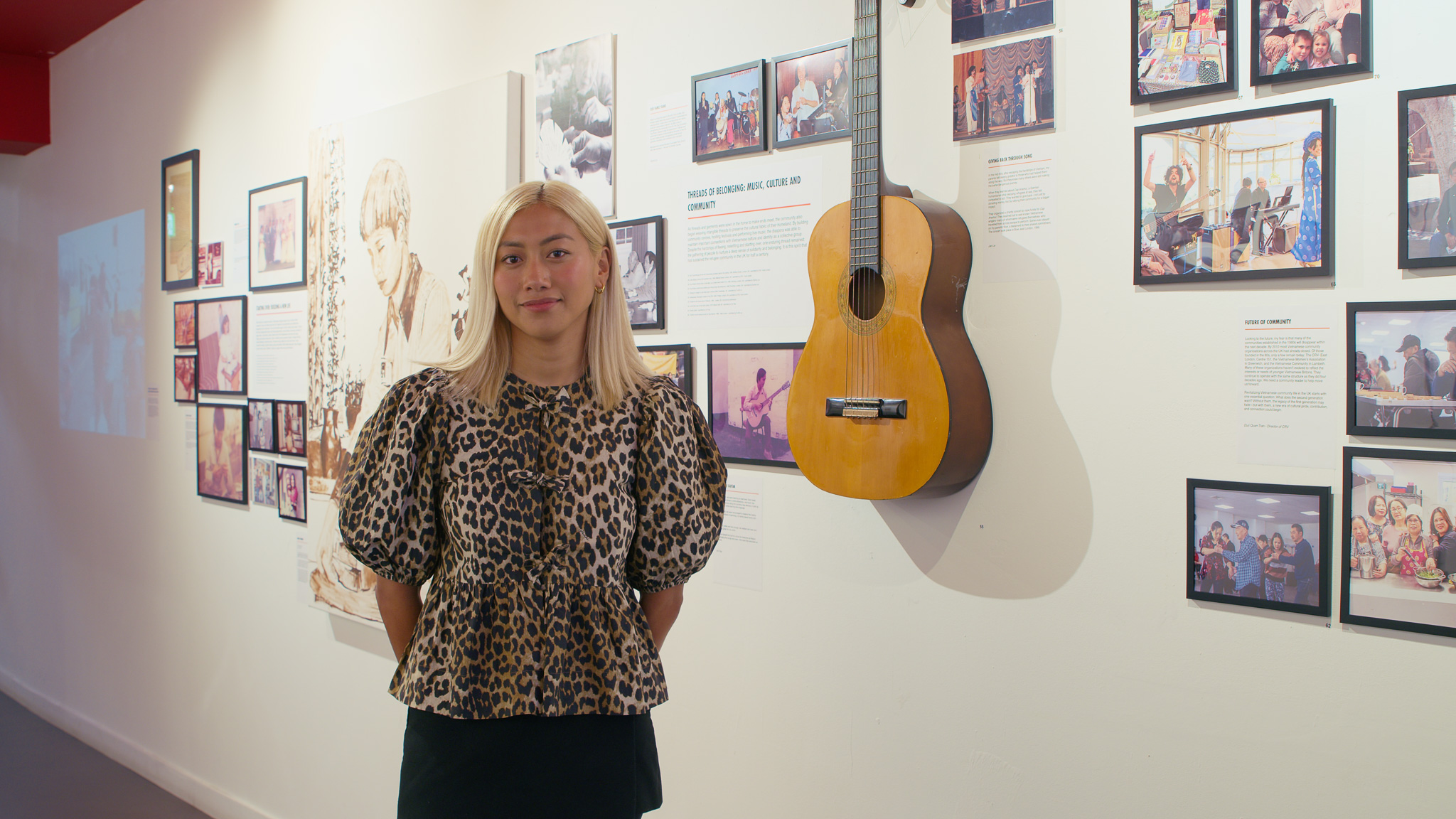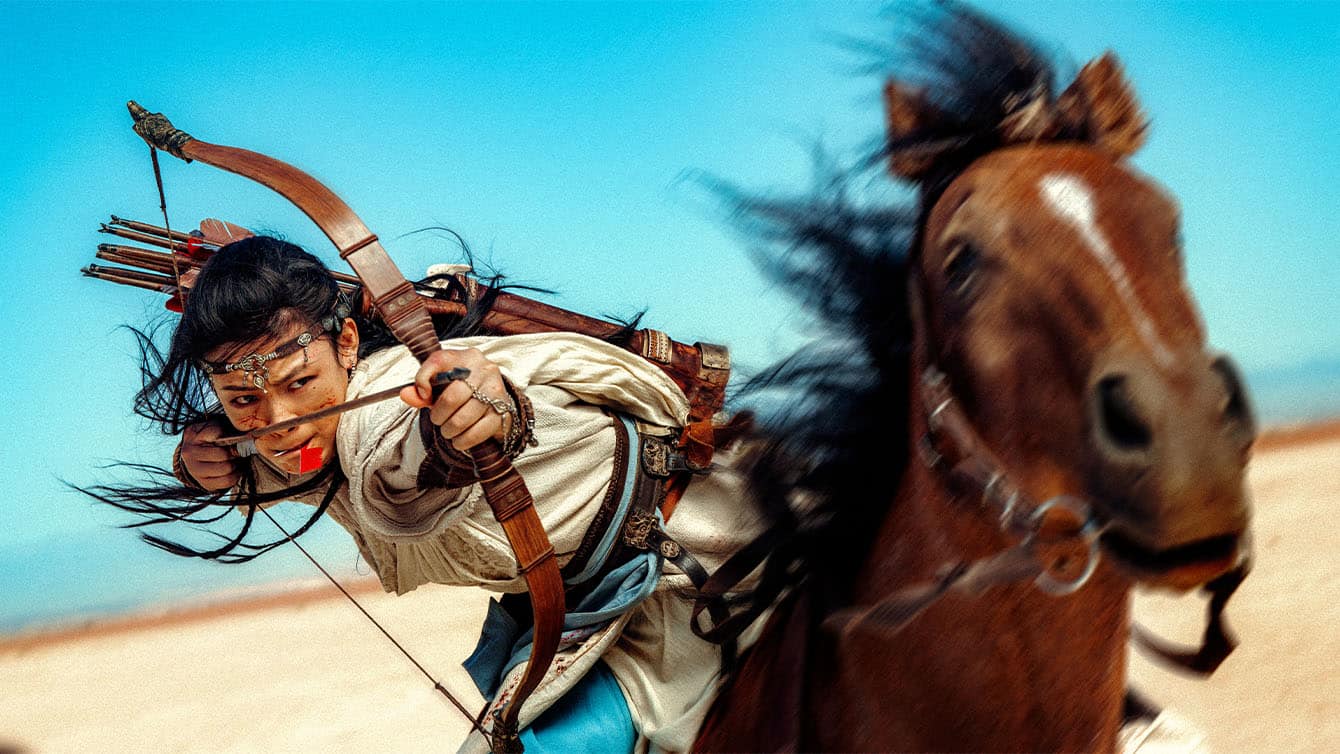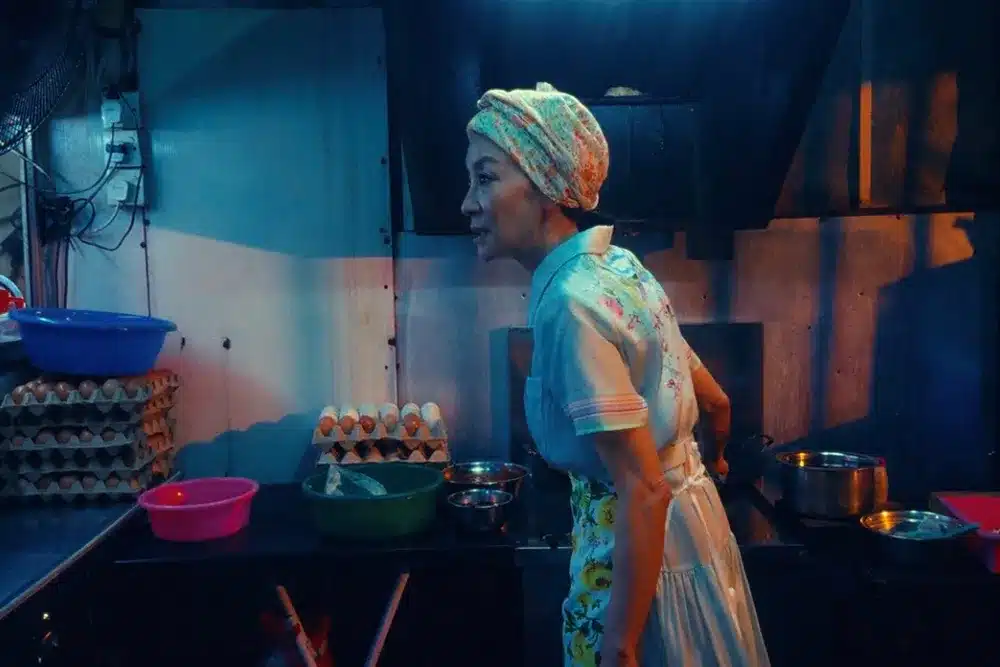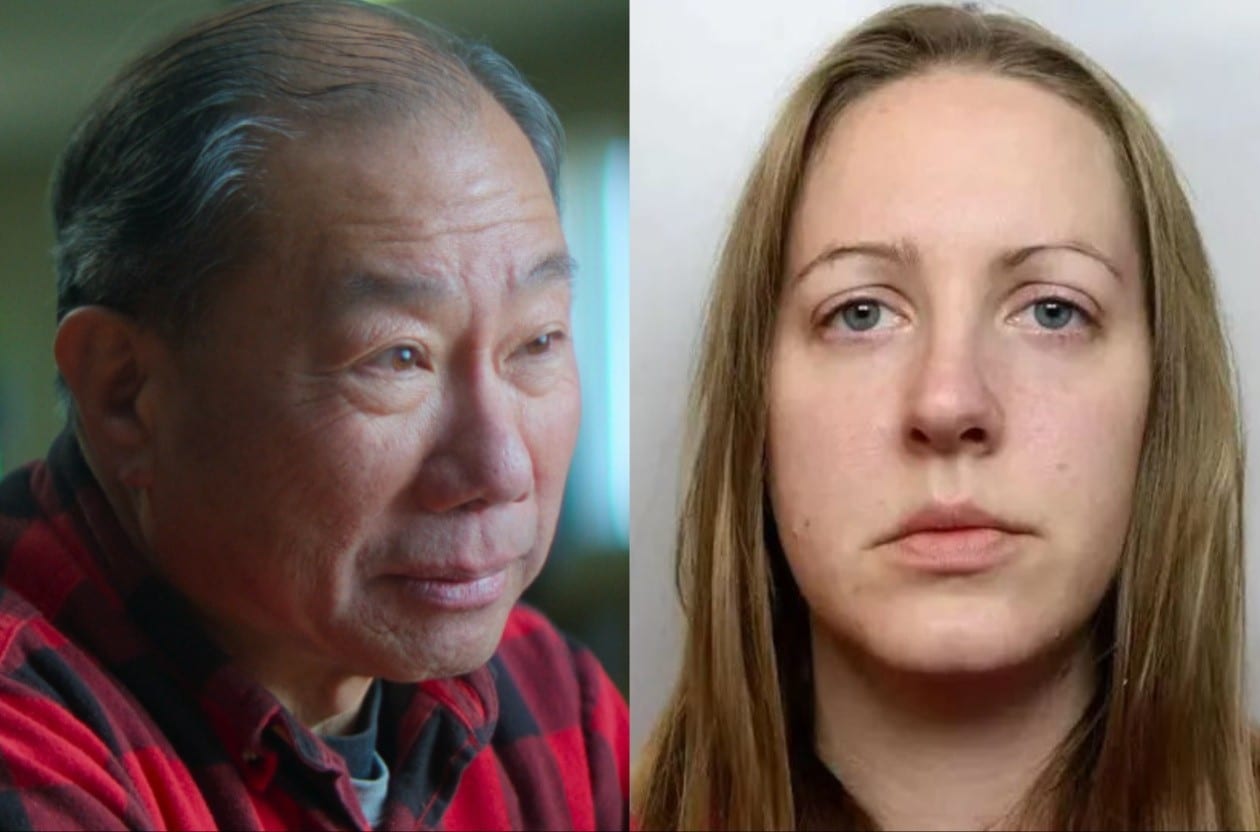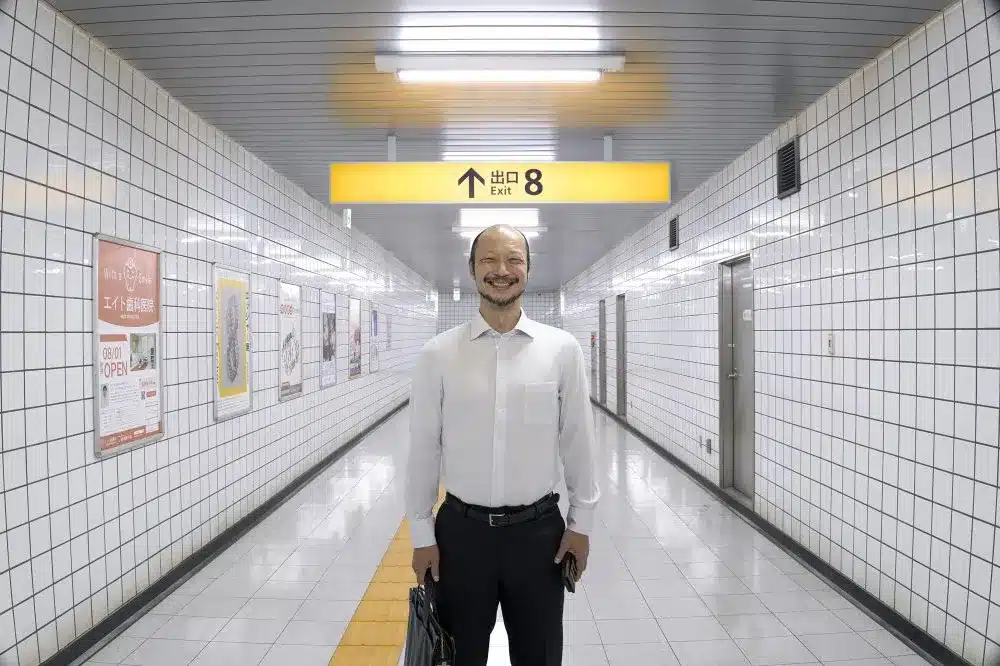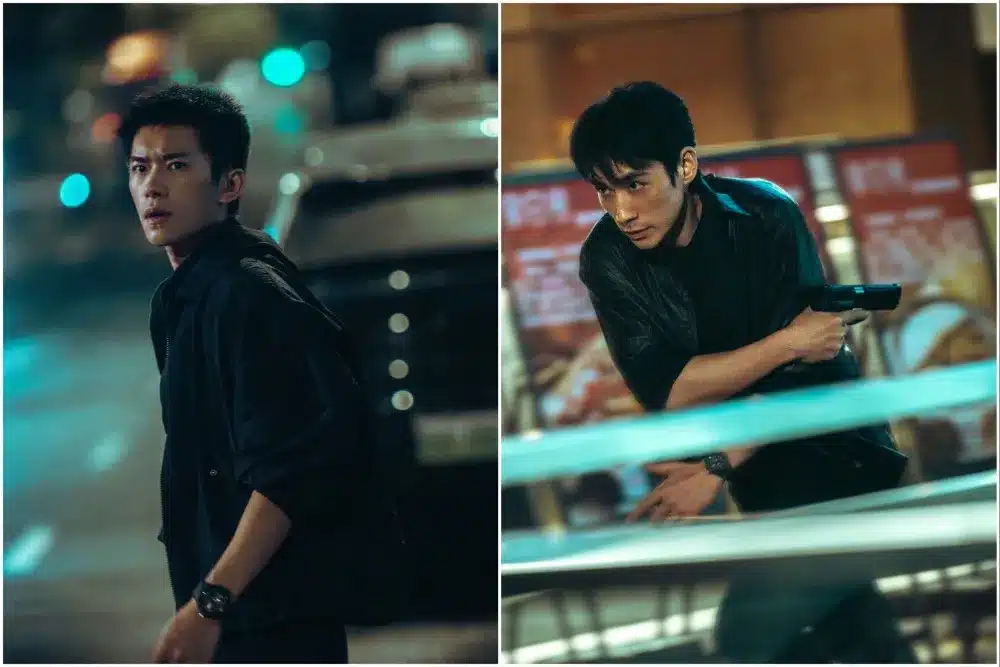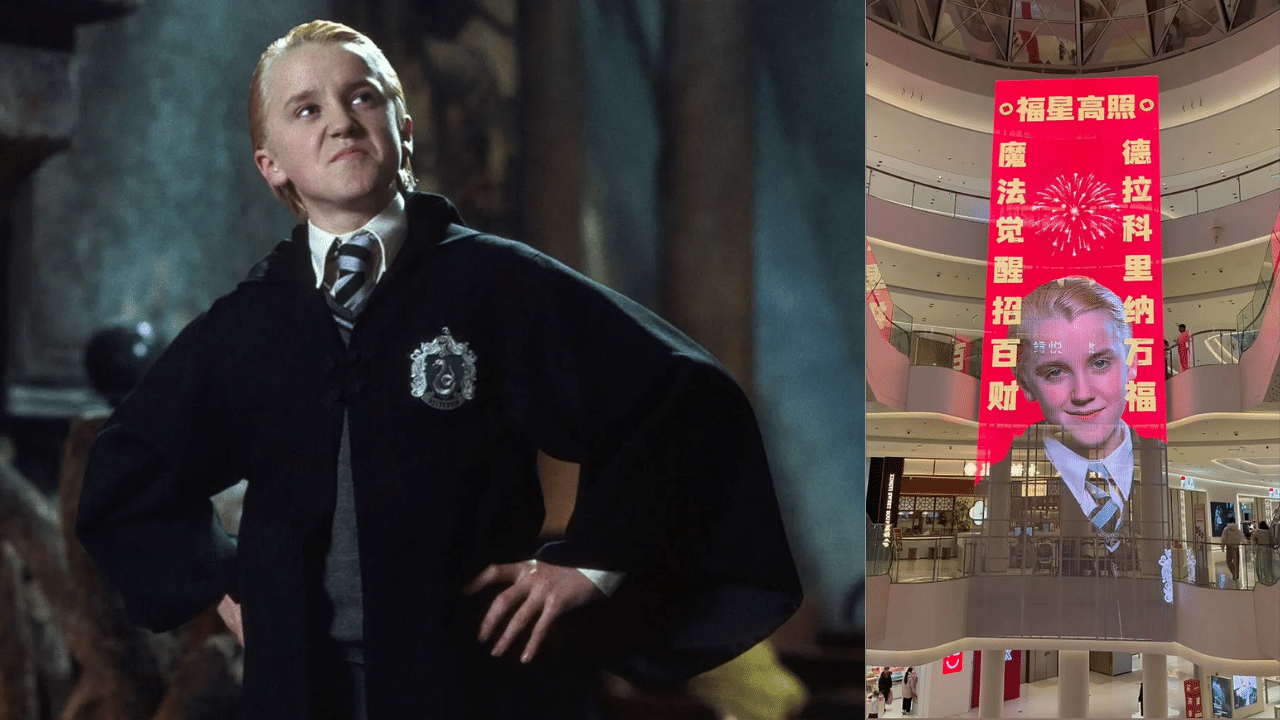In the heart of East London, a new exhibition at Rich Mix is offering a poignant look back at a pivotal moment in history: the exodus of the Vietnamese boat people. “50: Vietnamese Boat Refugees, Then & Now” marks 50 years since the end of the Vietnam War, and the subsequent wave of refugees who fled their homeland, seeking safety and a new beginning. The exhibition, running from May 4th to 24th, shines a light on the strength, hope, and enduring spirit of those who built new lives in the UK.
Curated by British Vietnamese actor Jan Le, with support from Milk Tea, the exhibition assembles personal stories, photographs, and artifacts that celebrate the vibrant Vietnamese community and their profound contributions to British society. For Le, the project is deeply personal. “I’ve never done anything like this before. I have no background in curation or history,” Le explains. “I knew I wanted to do this project, but I didn’t know how to go about it.” This exhibition, which is funded by ESEA for Labour, represents a significant personal undertaking for Le, driven by her own family’s history and a desire to honour the community’s past. Le also drew strength and inspiration from her friend, Chi, a former boat refugee, whose own experiences and unwavering support were instrumental in giving Le the confidence to pursue this project.
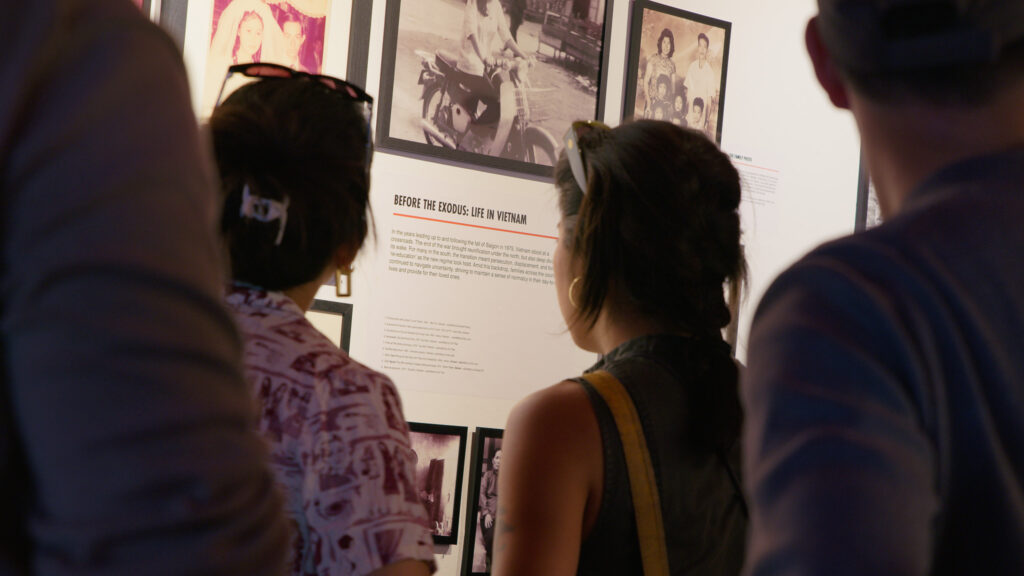
The exhibition also serves as a reminder of a complex and often challenging period in recent history. The end of the Vietnam War in 1975 triggered a refugee crisis that unfolded over several years. Hundreds of thousands of Vietnamese people, facing political persecution and economic hardship, took to the sea in overcrowded and often unseaworthy vessels. These “boat people,” as they became known, endured perilous journeys, braving storms, starvation, and the threat of piracy.
The UK, like other nations, became a destination for many of these refugees. The initial response was marked by political debate and public anxieties. As Le notes, “Thatcher’s government was hesitant about accepting refugees—they were worried about riots and wanted other countries to step up first.” Eventually, Britain did offer sanctuary, and between 1978 and 1982, successive governments admitted around 22,500 Vietnamese refugees.
A New Life in a New Land
The early years in Britain were far from easy. Refugees faced numerous obstacles, including language barriers, unemployment, and housing shortages. Many were initially placed in temporary accommodations, such as camps. Le recalls the crucial role of organisations like the Ockenden International, one of the main charities that helped rehouse refugees. “They don’t do that type of work anymore; now they mainly give grants to charitable projects,” Le says. “However, they still kept archives of information, and I was able to access those archives to support my research.”
Many refugees eventually gravitated towards urban centres, particularly London, where they sought out opportunities and community support. Despite the hardships, the Vietnamese community persevered, establishing businesses, raising families, and gradually integrating into British society.
Read more: Why We Should Be Talking About Amanda Nguyen, Not Just Billionaire Space
The exhibition also features personal stories. One that’s particularly important to Le is about her mother. “When we were relocated to Newcastle, our first official home after leaving in Hampshire, we received support from the local church. All our clothes were second-hand donations from the church. We saved up really hard for a sewing machine, so I could alter the clothes to fit.”
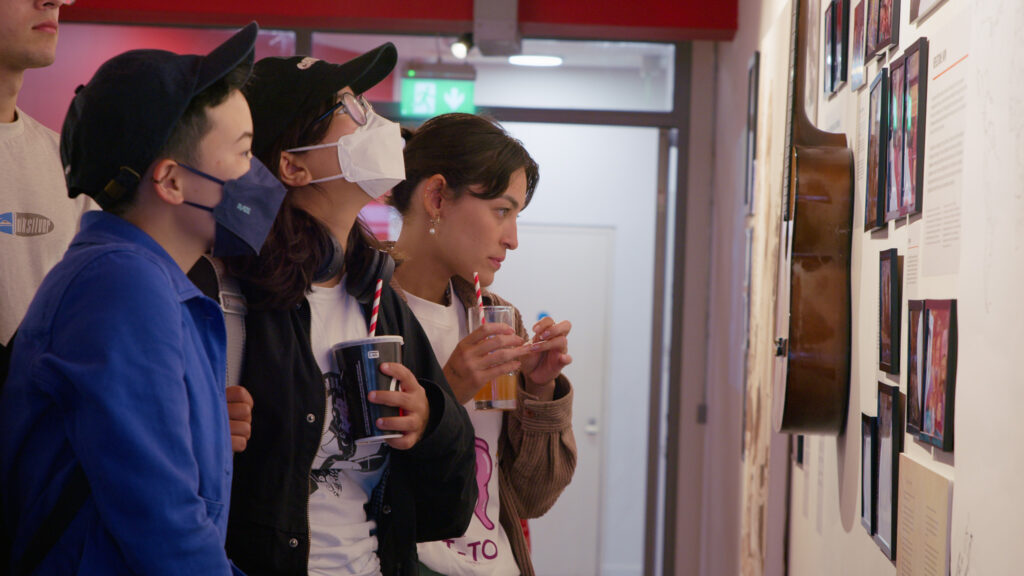
Her mother’s sewing skills proved to be a lifeline. “When we moved to London, I landed my first job, sewing for factories from home. I’ll never forget holding my first pay-check – £7 for a week’s work, I was so overwhelmed with happiness! Pleased with myself – I took the kids out for an ice cream, a rare treat I could finally afford.”
To experience this moving tribute to resilience and community, and to understand the lasting impact of the Vietnamese boat people on British culture, visit Rich Mix between May 4th and 24th. Admission is free.

